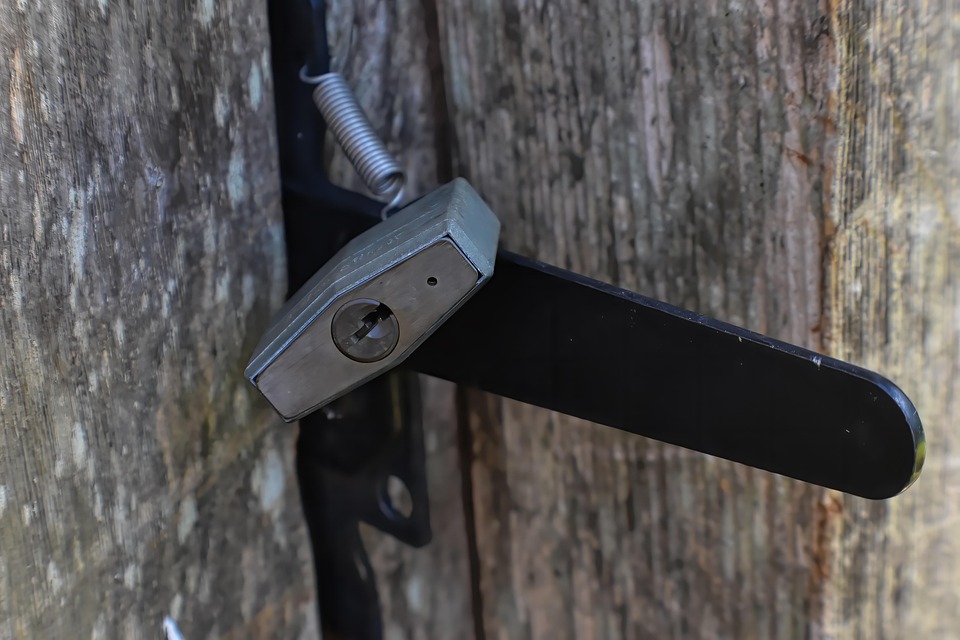In recent years, the digital nomad lifestyle has gained significant traction, with more and more individuals trading traditional office spaces for remote work opportunities in exotic locations. While the allure of working from a beach in Bali or a quaint café in Lisbon is undeniable, the challenges of maintaining privacy and security on the road cannot be overlooked. Here’s how digital nomads can safeguard their privacy while enjoying their travels.
The Importance of Privacy
For digital nomads, privacy isn’t just about personal matters; it is also crucial for protecting sensitive work-related information. With services like online banking, client data, and personal emails stored in the cloud, ensuring that your information remains secure is vital. Here are some key strategies to help maintain privacy while traveling.
1. Use a Virtual Private Network (VPN)
A VPN acts as a secure tunnel between your device and the internet, encrypting your online activities. This is particularly important when using public Wi-Fi networks, which are often unsecured and vulnerable to hacking. Choose a reputable VPN service that offers high-speed connections and a strict no-logs policy. This combination ensures that your data remains confidential while you access the internet from various locations.
2. Be Cautious with Public Wi-Fi
While it’s tempting to take advantage of free public Wi-Fi in cafés and libraries, it’s essential to be cautious. Always avoid accessing sensitive accounts, such as banking or work-related platforms, when connected to these networks. If you must use public Wi-Fi, ensure your VPN is active at all times. You can also consider using mobile hotspot services to access the internet securely.
3. Strong Passwords and Two-Factor Authentication
Establishing strong, unique passwords for each of your accounts is essential. Use password managers to help create and store these passwords securely. Furthermore, enable two-factor authentication (2FA) wherever possible. This adds an additional layer of security by requiring a second form of identification—like a text message or authentication app—before granting access.
4. Keep Your Devices Updated
Regularly updating your devices—whether it’s your laptop, smartphone, or tablet—is crucial. These updates often include security patches that protect against vulnerabilities. Enable automatic updates to ensure that your devices are always equipped with the latest security measures.
5. Use Encrypted Communication Apps
For communicating with clients or colleagues, opt for applications that offer end-to-end encryption, such as Signal or WhatsApp. These apps ensure that only the intended recipient can read your messages, providing added privacy against potential eavesdropping.
6. Limit Social Media Sharing
While sharing your travel experiences on social media can be a fun way to stay connected with friends and family, be mindful of the privacy implications. Avoid posting real-time updates that could disclose your location, especially if your accounts are public. Instead, consider sharing your experiences after you’ve left a location, which helps mitigate the risk of attracting unwanted attention.
7. Protect Personal Documents
When on the move, ensure your personal documents—like passports, identification, and work contracts—are secured. Use cloud storage with encryption for necessary documents, but be wary of uploading sensitive information. Alternatively, keep copies of crucial documents stored securely offline and consider using password-protected files on your devices.
8. Choose Accommodation Wisely
When looking for places to stay, consider your need for privacy. Opt for private accommodations like serviced apartments or furnished rentals rather than shared hostels. They often provide better security and a lower risk of compromising your privacy compared to communal living arrangements.
Conclusion
Embracing the digital nomad lifestyle offers unmatched freedom and adventure, but it is essential to maintain a strong focus on privacy and security. By implementing these strategies, you can enjoy your travels while keeping your personal and professional information safe. Whether working from a bustling city or a serene beach, remember: taking proactive measures will allow you to embrace the digital nomad life without sacrificing your peace of mind. Safe travels!



